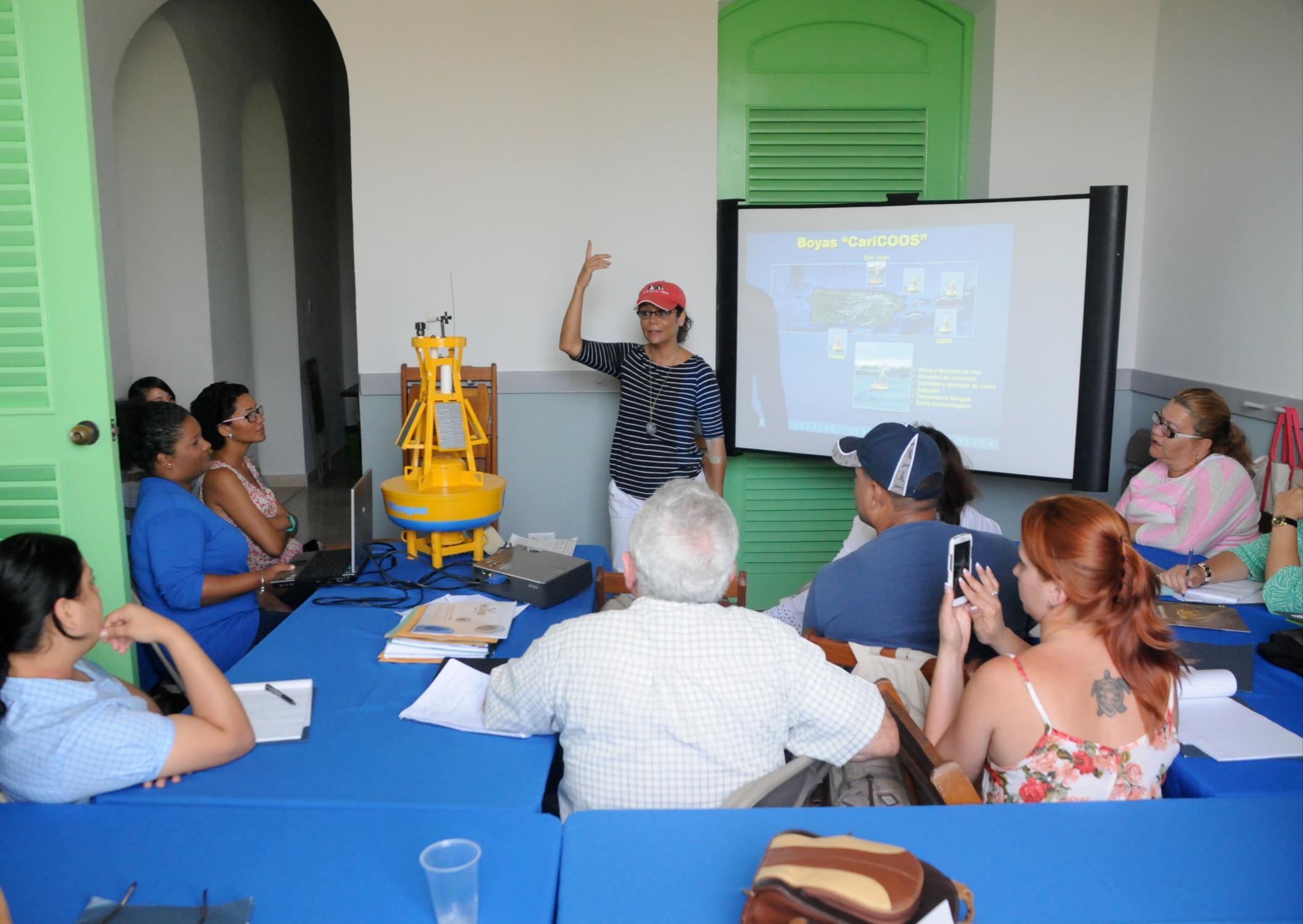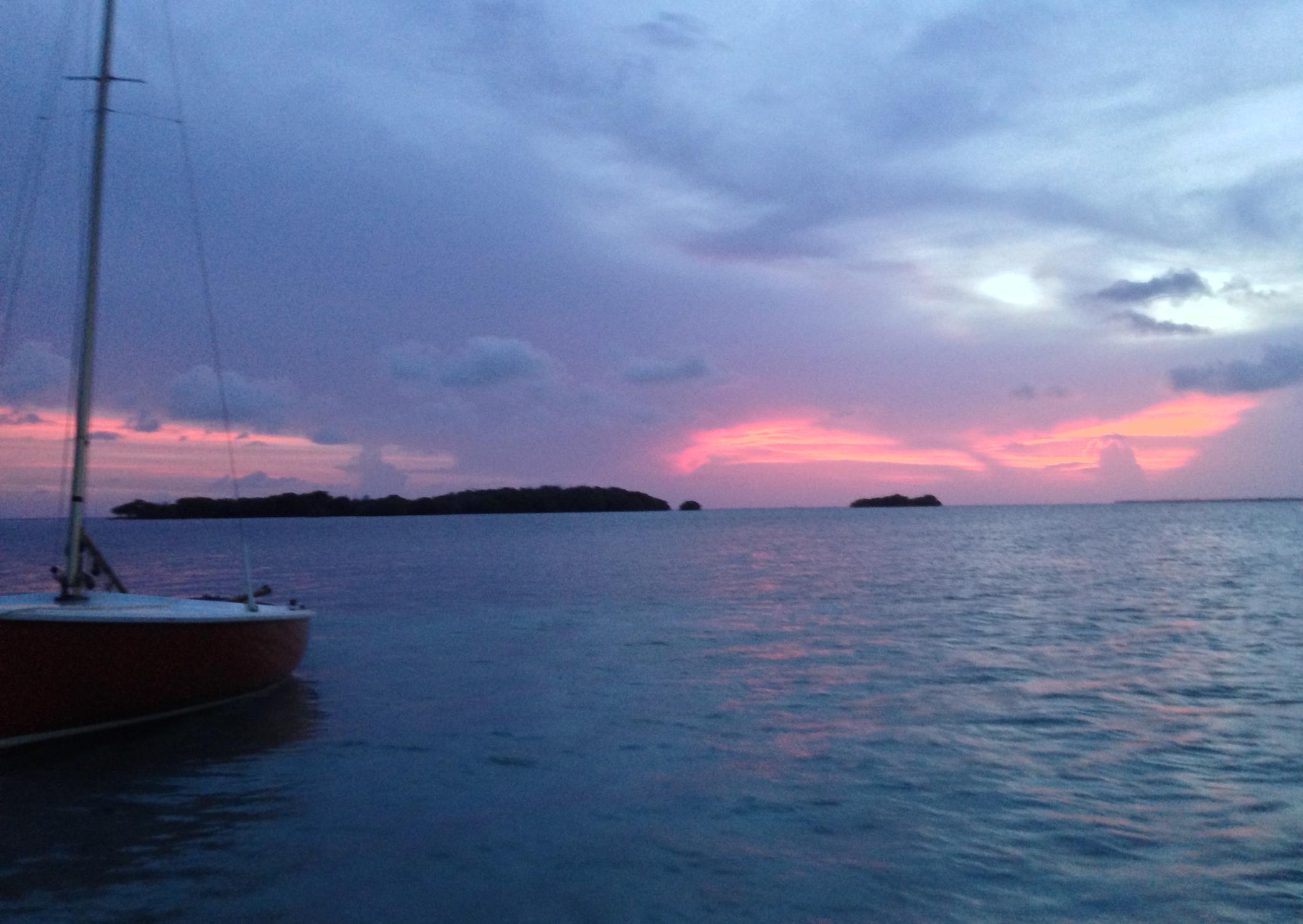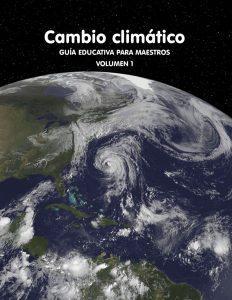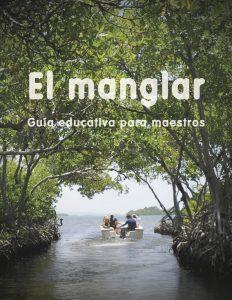





by René Esteves Amador, PhD. Marine Outreach Program Director
• We apply knowledge and understanding gained through research to aid individuals and groups make responsible use of our coastal and marine resources.
• Marine Outreach Program (MOP)
• Research
• Education
• Communications

• The exchange of knowledge and its application by communities, governments, NGO’s, business, and industry - often accomplished through direct interaction, technical assistance, and demonstration projects – is at the heart of PRSG’s operational model


• Economic woes of Puerto Rico and the UPR, are a challenge to PRSG and represent new and difficult times. In this proposal PRSG confronts this challenge with great courage, effort and determination. By stepping outside of our comfort zone, we have embraced goals established in our strategic plan and committed to overcome obstacles hampering coastal residents and resource users demands for quality education and extension services.
• PRSG will reinforce its marine extension efforts assembling a formal mentorship program composed by a cadre of gifted undergraduate and graduate students. These marine extension trainees will be mentored under the advice and support of environmental leaders, extension professionals, natural resources managers, researchers and distinguished professors with previous experience collaborating with PRSG efforts. Student trainees will be provided with work experience in marine extension services, formal and informal education, and communication skills.


• Training Underserved Communities in Designing and Implementing Nature Based Solutions for Climate Resilience in Puerto Rico. Locations with high community value and few feasibility barriers will be identified; presentation on Nature Based Solutions to mitigate coastal erosion and inundation will be coordinated; the propagation of mangroves and dunes vegetation for restoration will be developed.
• The Tres Palmas Marine Reserve management plan will be actualized; priorities and strategies for managing the reserve will be described and aligned with contemporary conservation and education needs; and an environmental assessment will be conducted.
• A local Environmental Justice Atlas will be developed to document the different environmental conflicts that led to formal legal actions and develop a tool that both, present case studies and promotes fruitful comparisons across time and space.
• Data from a 1997 study on the value of tourism to the coastal Municipality of Rincón will be updated by documenting how: revenues stay in the community; the value of tourism is harnessed to generate public goods and services; impacts on the local natural and social environment are being minimized.
• Fishing Aggregating Devise System (FADs) direct benefits will be measured by documenting catch and effort data; fishing method; time spent practicing each fishing method; weight and total number of each species caught by the fishing method used; financial information will be collected; and who are the FADs users.
• Two local fishermen will be trained as dive instructors to establish available expertise within each fishing community and expand the Decompression Sickness Emergency Response Network.
• PRSG will continue to develop the educational and gastronomical campaign Responsible Consumer Leads to Sustainable Fisheries to promote the consumption of locally caught underappreciated fish species.
• With an ethnographic approach PRSG will enhance data needed by management agencies documenting the common names of species of commercial value in Puerto Rico’s coastal communities; the gears used to harvest those species; and document main target species per community.
• Capacity building of first responders, resource managers and community leaders will be expanded and improved through the coordination of trainings certified by the National Disaster Preparedness Training Center in the areas of climate adaptation, nature-based solutions, mitigation, and community resilience.
• Community and public meetings of the Cabo Rojo Salt Flats mitigation and adaptation project will be coordinated with the collaboration of the US Fish and Wildlife Service and the Department of Natural and Environmental Resources.
• Skills, capabilities, strengths and weaknesses of Puerto Rico’s Emergency Management personnel will be evaluated to identify gaps and areas of improvement and learn from past experiences and how to apply the results to enhance our preparedness and resilience.
• Factors that favor and disfavor collective and participatory approaches to a just and equitable governance of the commons in coastal communities will be investigated, including policy analysis, the power dynamics and the decision-making processes. Lessons learned will be documented and a toolkit and policy recommendations will be produced.
• The public perception of lifeguard services and their willingness to pay for drowning prevention services will be assessed to provide resource managers and policy makers with more thorough and accurate information about the need to finance lifeguard services to reduce drowning incidents at Puerto Rico’s beaches.
Virgin Island Marine Advisory Services
• Through the Ocean Explorers Summer Programs Virgin Islands youth will learn swimming and snorkeling fundamentals, Caribbean flora and fauna nomenclature and identification, PADI open water diving course and develop interest in STEM.
• VIMAS will host educator workshops to train Teachers on the use of Next Generation Science Standards science kits and virtual reality which can be applied within the classroom setting by employ cutting-edge tools to engage students in STEM.
• Coordinate the annual Coastal Cleanup event with 400 participants in Coastweeks on each island. Beverage glass bottles collected during cleanup events will be pulverized to create sandbags and marine debris data will be disseminated at community events.
• Organize, lead and provide expertise and support on marine issues to US Virgin Islands schools, STEM educators, local newspapers, researchers, local boards and committees, museums, local radio and university students.
• Attend and participate in the annual Virgin Islands Institute for STEM Education Research and Practice (VI-ISERP) summer teacher training workshop. Produce and distribute science kits, annually to 20 USVI STEM educators that were tested in the Youth Ocean Explorers Summer Program and other STEM initiatives/programs.
• Improving Sargassum Observations and Developing Decision-Making Tools for Sargassum Management in Coastal Areas
• Development of a rapid, portable and automated fecal bacteria biosensor for fresh and sea waters
• Responses, feedbacks, and adaptive management of tropical coastal wetlands to rising sea level and intensified hurricanes
• "Rapid On-site Detection of Fecal Indicating Bacteria for Coastal Water Quality Monitoring"
• Rapid environmental assessment using the microg-AMBI and Foram-AMBI as high impact/low cost bioindicator tools in tropical estuarine/lagoon environments
• Response of tarpon to catch-and-release angling in Puerto Rico
• "Are human impacts, alien seagrasses and environmental changes compromising the viability of Caribbean-native seagrass meadows?"
• Tracking the United States’ Forgotten Sharks: Satellite tagging tiger sharks in the U.S. Virgin Islands for improved conservation
• Viqueira, Roberto, Protectores de Cuencas Inc., Watershed-to-Reef
Connectivity: Fulfilling the Scientific Needs of the Río Guanajibo
Watershed Plan
• Scheelk, Ben, The Ocean Foundation, Sargassum Carbon Insetting to Mitigate Climate Change and Increase Food Security in Puerto Rico
• Valdés-Pizzini, Manuel, Ph.D. The Quandary of the Villas Pesqueras (fishing landing Centers) in Puerto Rico: Shoreline Change, Abandonment, Displacement and the Mirage of Resilience
• Williams, Stacey, Ph.D., Optimizing the Cultivation of Ulva seaweed in the Caribbean: Developing the Framework for Larger-Scale cultivation and Inclusion Into the Puerto Rico Blue Economy
• Legare, Bryan, M.S., Twenty Years Later: Revisiting the Distribution and Abundance of Elasmobranchs in the Virgin Islands with an Emphasis on Shark Nursery Areas.
• Fishing Charter Business Education Program
• Queen Conch Changes to Regulations
• Strengthen Commercial Fishermen Organization
• Co-Management Expanded Advisory



